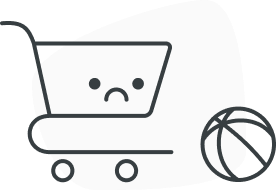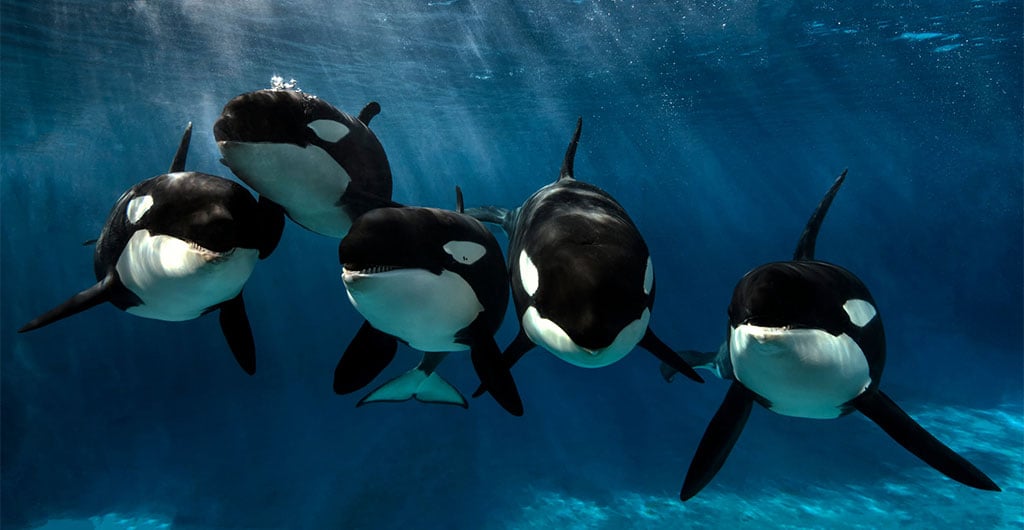In 2016, SeaWorld announced that we were ending our Orca breeding program and that the Orcas in our care are the last generation at our park. Our goal is to inspire and educate guests to take action by seeing these magnificent animals up-close to better understand why protecting wildlife and our environment is so critical today.
Orcas at SeaWorld help Orcas in the wild.
A ticket with a mission
Your visit to SeaWorld helps support animal rescue efforts, with over 41,000 and counting.
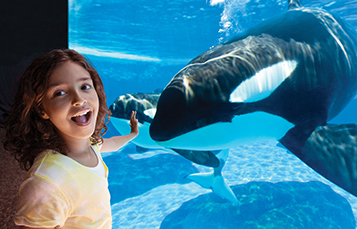
This is the last generation of Orcas in our care
But, they are still here and will be cared for at SeaWorld for decades to come.
Our goal is to help our guests, and the world, explore the wonders around them, and then inspire them to take action to protect wild animals and wild places. SeaWorld’s Orcas are vital to that mission, and while they will be the last generation of Orcas at SeaWorld, they will still be around for decades to come, inspiring millions of guests and people across the globe to take action with us today.
Meet the whales
The opportunity to see Orcas up-close has inspired millions of people, especially children, to care more about marine animals, the oceans and the environment. Below, meet the 4 Orcas in SeaWorld San Antonio's care.
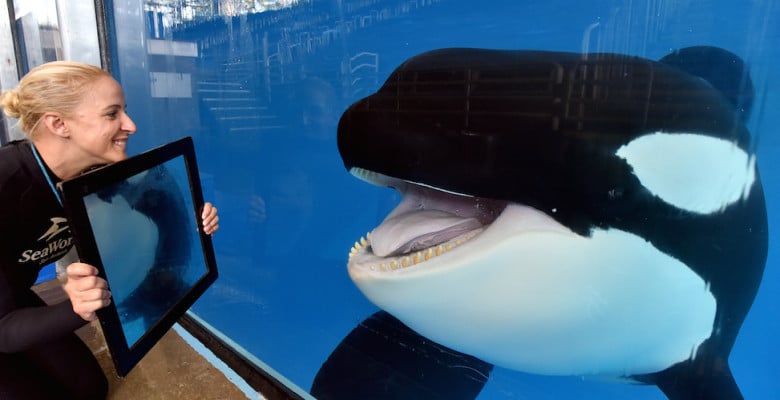
Kyuquot
Kyuquot
Male, 12/24/1991
Ky's massive size makes him a guest favorite because of his ability to soak our guests with one splash!
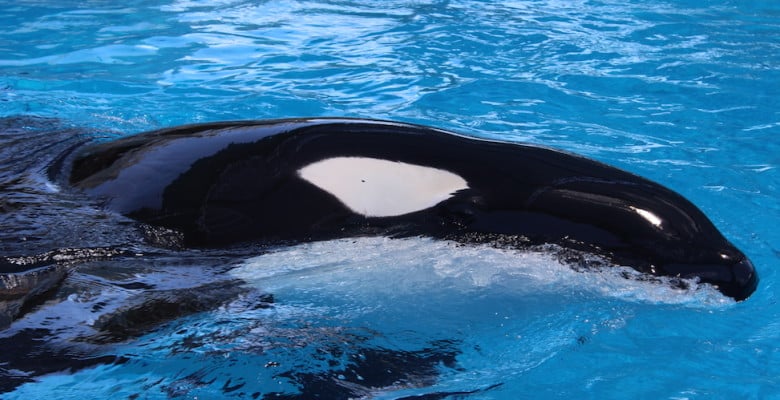
Tuar
Tuar
Male, 6/22/1999
Tuar has a special affinity for enrichment devices with a strap he can use to twirl around in the water.
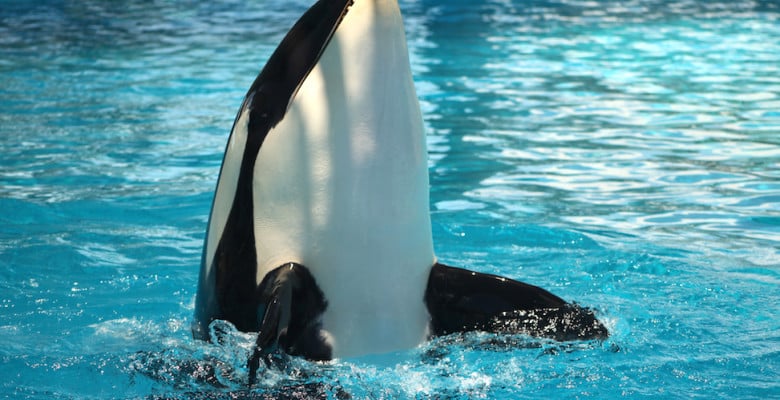
Sakari
Sakari
Female, 1/6/2010
Sakari's name means “sweet” in Inuit.
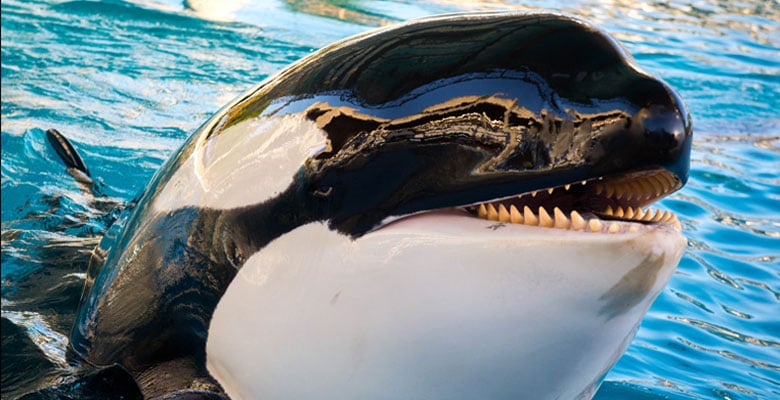
Takara
Takara
Female, 7/8/1991
Takara is exceptionally intelligent and thrives on mental stimulation as much as, physical stimulation.
SeaWorld Supports Killer Whale Research and Conservation Program
Science Supporting Conservation


